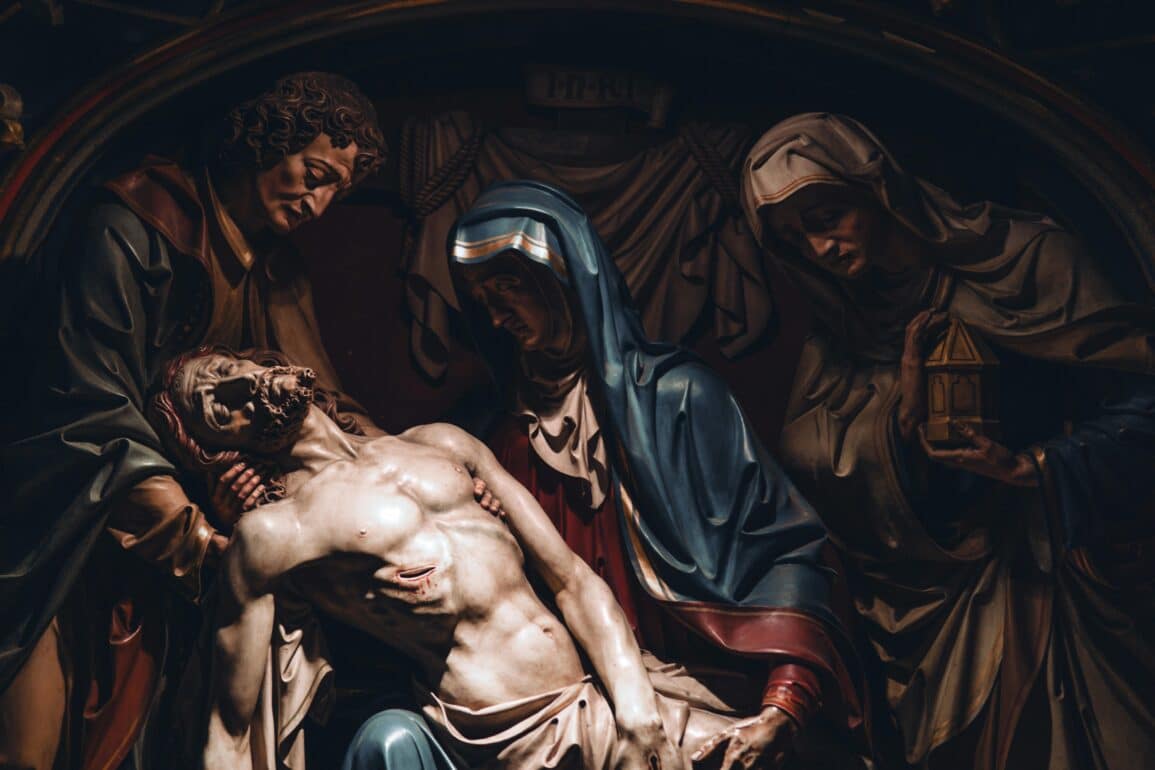Towards the end of October and very early November, I read Álvaro Pombo’s essay La ficción suprema. Un asalto a la idea de Dios (Rosameron, 2022). On this occasion, the dates of my reading are important: 1 November, Solemnity of All Saints; 2 November, Commemoration of the Faithful Departed. It is also a time of mourning for the death of my mother at the end of May. In other words, a few months with prayer at the top of my mind and with the conviction that the “God of Abraham, the God of Isaac and the God of Jacob, is not the God of the dead, but of the living” (Lk. 20:37-38). Months in which, together with November, many of us pray for our deceased relatives and friends, asking the God of the living to have them in his eternal glory.
Against this background, I come across Pombo’s book which speaks of his religious experience, arguing that God is the supreme fiction. He does so with his usual mastery as a poet, narrator, and essayist. He ventures into the fields of poetry, philosophy, and theology, taking the waters to his own mill. With his “choppy narrator” style, he considers religious experience to be a subjective experience, the content or object of which is the least important thing. Theology itself would be fiction, often magnificent fiction, but nothing more than fiction. His conclusion, following Wallace Stevens, is that “God would be in this context the supreme fiction. Something admirable, but, in a way, as necessary or as unnecessary to our lives as the invention of Don Quixote”. God reduced, at best, to a necessary idea in the style of Ludwig Feuerbach (1804-1872), the basis of Karl Marx’s atheism, who will deal the final blow to Feuerbach’s fragile necessary idea.
Of course, with the background to which I referred and for those who live by faith (“I believe, Lord, but help my unbelief”, Mk. 9, 24) this approach sounded like a soap bubble to me. That is to say, only a true God is worshipped, praised, asked for forgiveness, and asked for things. It doesn’t take much science to distinguish the thrice-holy God from the knight of the sad figure. However, Pombo is not satisfied with his inquiry and ends his essay with this hesitant paragraph: “Is God the supreme fiction? The answer is: yes. Is God, then, a pure object, an unreal being? The whole of contemporary Western culture inclines us to answer this question in the affirmative. There remain, however, gaps to be filled, sides to be seen, and a few questions to be answered with complete precision, if one answers in the affirmative. It must therefore be stated that God, who is the supreme fiction, is not, without further ado, just that. The last question, then, will be formulated as follows: “What else, then, is God?
It is already an exaggeration to claim that “the whole of Western culture affirms that God is an unreal being”. Not only are there many thinkers of all ages who affirm the reality of God, but there are millions of us faithful who pray to the living God with contrite hearts, trusting in his infinite mercy. Perhaps, in the face of this reality, Pombo ends up admitting that God is not only the supreme fiction, but that he remains there. To which I add, certainly God is Wisdom and Love, he is our Father. We contemplate the reality that surrounds us and they show us the geometry of Creation. The human narrative, with its twists and turns, its lights and shadows, reveals to us the provident hand of God.
For the faithful, God is not an idea, but a Person. A God, moreover, who becomes flesh, in such a way that he becomes a God with us and whose Birth we celebrate year after year. A Child God, within everyone’s reach and who says to us: come down, come down from your cloud and be filled with the joy of the shepherds – clean of heart – to whom the Angels announced the good news of Salvation.










